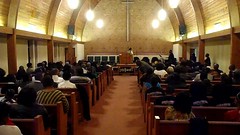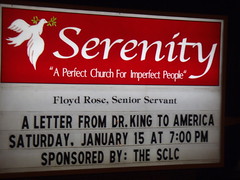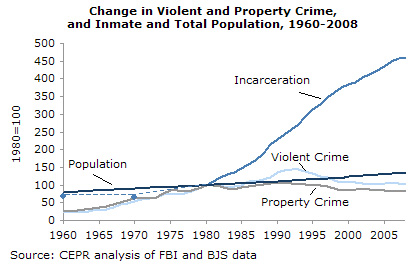 The interesting commission meeting will be the next one.
Remember,
Chairman Paulk said they were still operating by the old rules
at the meeting that happened this week.
So next meeting they may actually refuse to let people speak
on certain topics.
The interesting commission meeting will be the next one.
Remember,
Chairman Paulk said they were still operating by the old rules
at the meeting that happened this week.
So next meeting they may actually refuse to let people speak
on certain topics.
On the Frank Barnas Newstalk105.9 WVGA radio show 25 Jan 2011 the morning before the County Commission meeting, County Commmission Chairman Ashley Paulk complained that Citizens Wishing to be Heard has been abused and meetings are not free; there are people to pay.
Chairman Paulk also invoked Tuscon and said:“In these times we’ve got to run efficient meetings.”
“You need to monitor people who are there.”So posting videos of the meeting to the web should be a good idea so everyone could see what is going on.…
“You want a little better control over who and where they are.”
And in the larger picture, should we be more concerned with a few dollars now or with the ability of citizens to be heard or for that matter with the long-term economics and health of the county?










